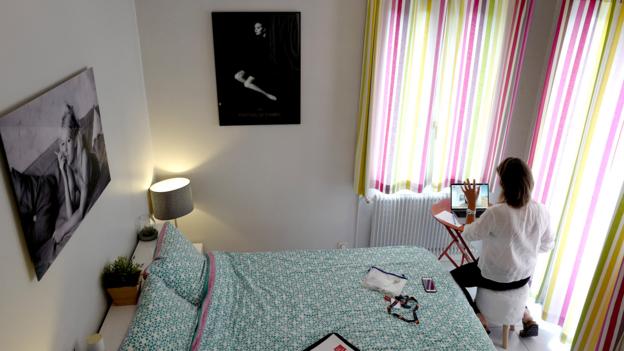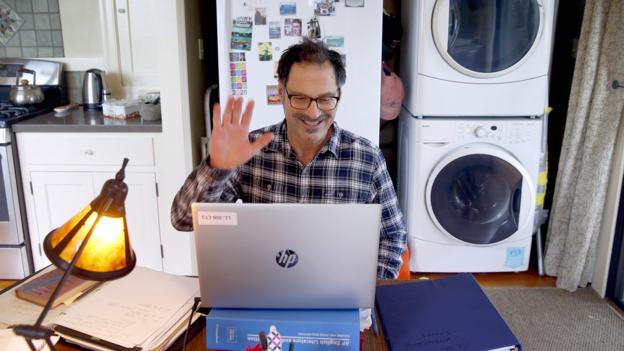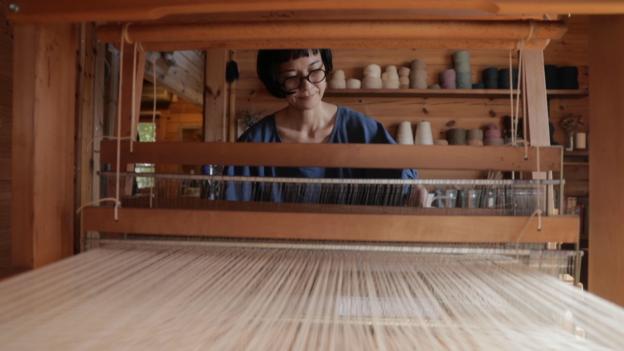Her findings suggest this is an approach characterised by a mixture of three factors: being extremely responsive to the child, being extremely undemanding in some contexts, yet being highly demanding in others. For instance, a helicopter parent is likely to be overprotective, overly attentive and believe their child is always right. They will try to do everything for their child (rather than expecting the child to handle it themselves), and might expect their child’s peers and school to bend over backwards to accommodate their child’s needs too. At the same time, this kind of parent will be highly demanding, in the sense of having high expectations for their child’s achievements, overscheduling their child’s time and wanting their child to be their friend and in constant contact.
Supervised into submission
The latest research on how this extreme coddling can stifle leadership skills comes from China. Psychologists surveyed nearly 1,500 teenagers – average age 14 – at 13 schools in Beijing. Yufang Bian at Beijing Normal University and her colleagues assessed the teenagers’ leadership potential comprehensively. First they quizzed the teenagers’ peers, teachers and parents to get a sense of whether they were seen by others as being a good leader. Second, they checked whether the teenagers were actually in any leadership roles, such as being a team leader in a class science group or a president in a student club.
Meanwhile, the teenagers rated how much their parents had been overprotective by agreeing or disagreeing with statements such as ‘My parents supervised my every move growing up’ and ‘My parents often stepped in to solve life problems for me’. The teens also took quizzes measuring their self-esteem and how confident they felt about being a leader.













